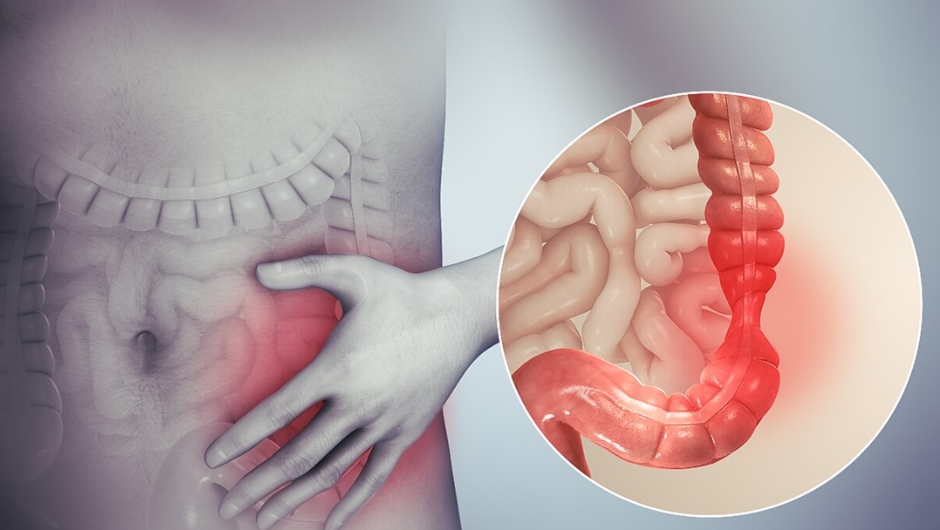The main cause of your diarrhea isn’t food poisoning

If you often blame bad food for your diarrhea, you’re not alone. But what if the real problem isn’t food poisoning? What if your gut simply can’t handle bile properly? This lesser-known condition is called Bile Acid Malabsorption (BAM) — and it may be the hidden reason behind your loose stools, urgency, and bloating.
What Is Bile Acid?
Bile acids are fluids made by your liver to help digest fats. Most of this bile is reabsorbed in the small intestine — specifically in the ileum — and reused. But when your body fails to absorb it, the excess bile spills into your colon. This irritates the colon and leads to watery diarrhea, cramping, and frequent urges.
This isn’t food poisoning. It’s a recycling issue.
Common Symptoms of BAM
Many people with BAM experience:
- Chronic loose stools
- Urgent bowel movements, especially in the morning
- Gas and bloating
- Symptoms that get worse after eating fatty foods
These symptoms are often mistaken for IBS-D (diarrhea-predominant irritable bowel syndrome).
What Causes BAM?
The most common causes include:
- Inflammation in the ileum (e.g., Crohn’s disease)
- Surgical removal of part of the small intestine
- Gallbladder removal
- Radiation therapy
- In some cases, the cause remains unknown (called Primary BAM)
What Makes BAM Worse?
Eating high-fat meals, drinking coffee on an empty stomach, and having a low-fiber diet can all make BAM symptoms more severe. Inflammation and poor gut health also play a big role — especially if your microbiome lacks diversity.
If you’ve had your gallbladder removed, your risk of BAM increases.
How to Manage BAM Naturally
You don’t always need medications to find relief. Some simple, natural strategies can make a big difference.
- Fiber works like a sponge. Taking a small amount of psyllium husk (1 tsp before meals) can help bind the excess bile and reduce diarrhea. Apple pectin, soaked chia seeds, slippery elm, and cooked green plantains are other helpful options.
- Herbs also support digestion. Dandelion tea and artichoke extract support bile flow. Ginger and marshmallow root soothe the gut. Turmeric helps fight inflammation. Digestive bitters before meals can also improve overall digestion.
Testing for BAM
Diagnosing BAM can be tricky. The gold standard is the SeHCAT scan, but it’s not always available. Another option is the serum 7aC4 test, which measures bile acid production. In many cases, doctors may simply try a trial of bile acid binders to see if symptoms improve — a practical, cost-effective approach.
Final Thoughts
If you’re dealing with frequent diarrhea, don’t assume it’s just something you ate. Your body might be struggling with bile acid recycling. With the right diet, gut-friendly herbs, and guidance from a professional, you can calm your digestion and take control of your health.